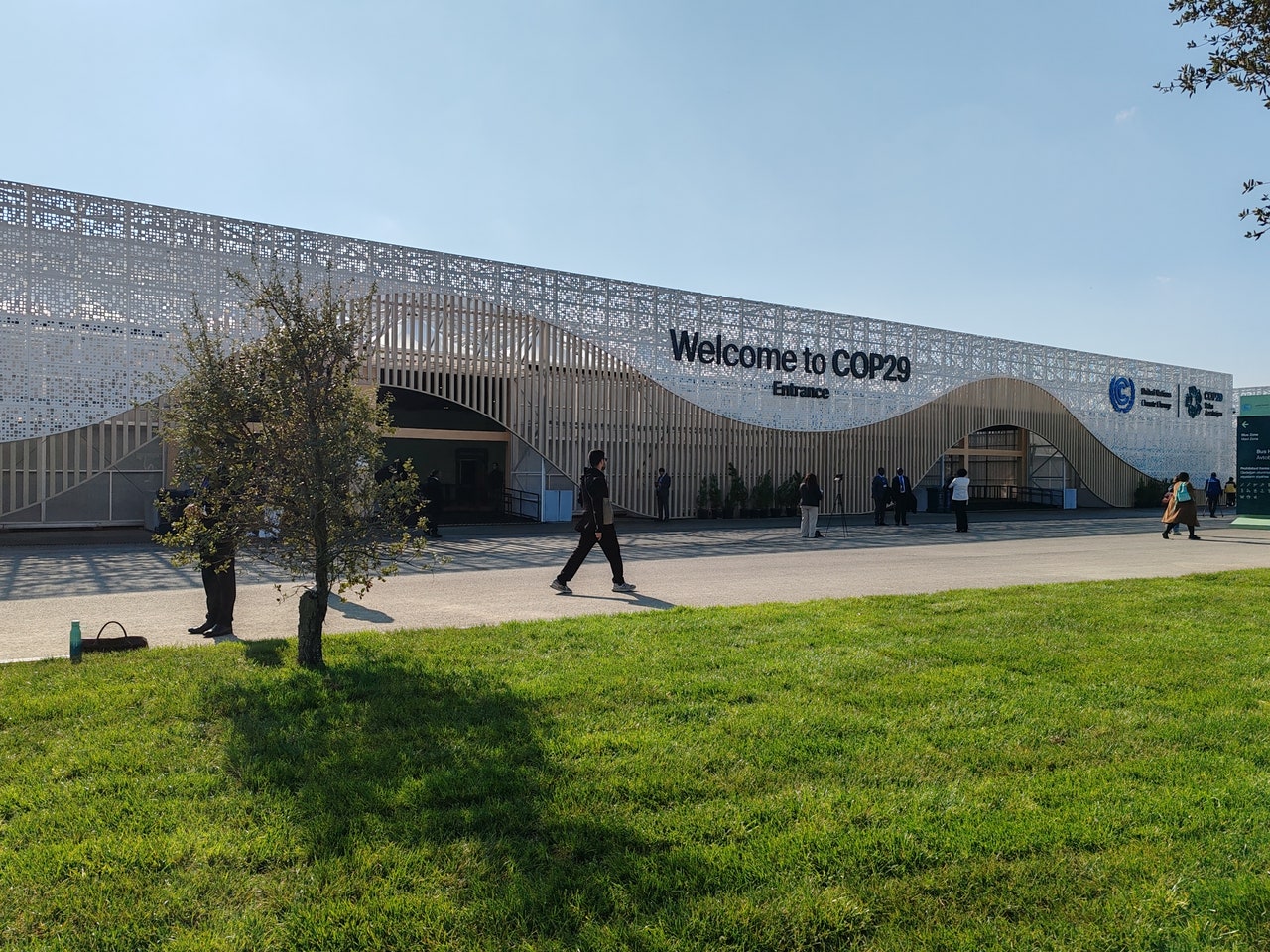And then, the main dilemma: who should take responsibility for what? The so-called Global South is pressing for funds to follow the path of countries left behind by developed countries, which have played no historical role in the climate crisis. On the other hand, the industrialized world demands commitments on decarbonization from developing countries, partly in terms of protecting industrial and technological competitiveness.
Complicating matters is the situation in China, which accounts for one-third of global emissions, more than any other country. Despite this, it is still considered by the United Nations to be on the development track, meaning it is not formally bound by the same economic commitments as the world's historical big polluters. However, Beijing may choose to make bolder commitments to enhance its international prestige.
Who's there—and who's missing?
Delegations from about 200 countries have come to Baku. One of the first to arrive last week was an American.
However, outgoing US President Joe Biden is not expected to attend the summit. Also absent is European Commission President Ursula von der Leyen, who is busy setting up the new EC in early December; In his place is the European Commissioner for Climate Action, Wopke Hoekstra, who has a reputation as an excellent diplomat. Brussels' negotiating position has been affected by the impact of the tragic floods that hit Valencia, Spain in recent weeks, indicating the need to devote more resources to climate adaptation.
German Chancellor Olaf Scholz, caught in a government crisis, will be absent. French President Emmanuel Macron will do the same due to disagreements with Baku over the Nagorno-Karabakh conflict involving Azerbaijan and Armenia. Along with them, most of the French NGOs will also not participate.
Chinese President Xi Jinping will also be at home, sending new climate envoy Liu Zhenmin; Russian President Vladimir Putin; and Brazilian President Lula, who has been replaced by Environment Minister Marina Silva. The leaders of Japan, Australia (another major polluter) and Mexico also will not be there.
The decision by Papua New Guinea, one of the countries most affected by climate change, to boycott COP29 is causing a stir. “All the big emitters around the world are pledging millions of dollars to help fight climate change,” PNG's Foreign Minister Justin Tachenko said. “But I can tell you in advance that everything will then be handed over to advisers, who will ask the countries concerned not to overdo it.”
What will be the impact on US elections?
The elephant in the room is Donald Trump's recent victory. In 2016, Trump withdrew the US from the Paris Agreement, which aimed to limit global warming to 1.5 degrees Celsius; After this, Joe Biden rejoined the climate agreement as soon as he reached the White House.
The problem is that Trump's intentions are hard to interpret. “Trump has once again signaled his desire to withdraw from the Paris Agreement and pull out of the UN conference that oversees the COP,” says Jacopo Bencini, “a move that would result in Washington leaving the negotiating table as an observer.” will also not participate.”, a researcher at the Carbon Markets Hub at the European University Institute in Florence.


